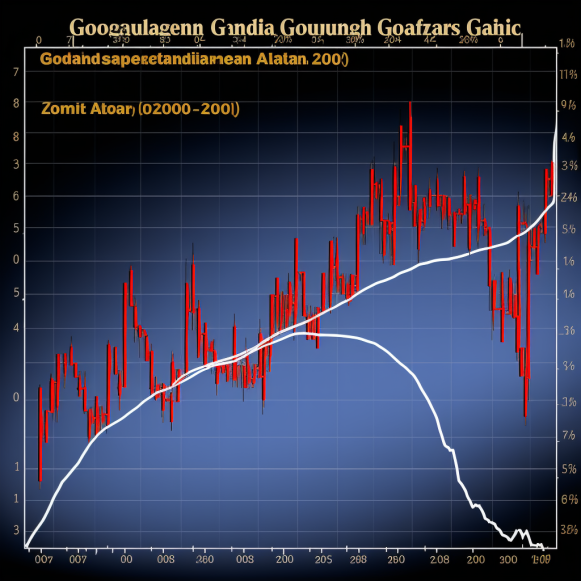Renowned Oakland-Senegalese chef teams up on a new West African cookbook

“Simply West African” by Pierre Thiam and Lisa Katayama hits bookstores September 19
For years, renowned Senegalese chef Pierre Thiam has been a fixture on the New York and international food scene as executive chef at Nok by Alara in Lagos, chef at the Pullman Hotel in Dakar, and owner of Teranga in New York City.
In 2017, he founded Yolélé, a company that works with West African farmers to promote and market fonio, a grain, in the United States. It was a decision that would change his life forever. That year, he piqued the interest of Lisa Katayama, a former journalist and now his wife, with his TED Talk about grain.
They now live in Oakland, having relocated due to the pandemic, and have just welcomed their second child. And his fourth cookbook, “Simply West African” (Clarkson Potter, $28), his first collaboration, will be released on September 19. (For the sake of brevity, this conversation has been edited.)
Q: Could you tell us more about fonio and your TED talk?
Thiam: As a solution to the food system, climate change, and challenges, Fonio has a lot to offer. It’s an underutilized grain that’s on its way out. As a result, it became a mission. Why can’t these grains compete on a global scale? Why are they going away? They’re nutritious, drought-resistant, and delicious. Lisa happened to be in the audience when I gave my TED Talk.
That’s how we met, Katayama. All TED talks are ambitious, but Pierre’s was simple and direct in its progression from what he’s doing to how it affects the world. By eating West African food and sourcing West African ingredients, you can have a global impact not only on African farmers, but also on the way we eat in America, which is frequently based on the same four ingredients or factory farms.
Q: What distinguishes this cookbook from your others?
Thiam: The goal of this book was to introduce (West African cooking) into a new context. It’s presenting the food we eat on a daily basis, the food I cook Lisa as a way of showing her how much I love her. It’s been my love letters to her since I first met her. I want to demonstrate to readers that West African cuisine can be enjoyed on weeknights. It’s absolutely delicious. It is the most well-balanced diet available. It is extremely nourishing. It simply checks all the boxes.
Q: How has your cooking changed since moving to California?
Thiam: It made it better. We (went) to farmers markets around the corner even during the pandemic. We were living in El Cerrito at the time, and these farmers markets were held on a weekly basis. We had a successful collaboration with Alice Waters, for example, with a pop-up (at Chez Panisse). New York has a fantastic food culture, but California has something unique in terms of freshness of produce and similarities to West African cuisine.
Q: Tell us more about West African cuisine…
Thiam: I first began cooking because of childhood memories of eating street food in Dakar. It is an ancient culture that has already influenced American cuisine. Consider Southern cuisine. It is still reinventing itself after hundreds of years of adversity.
Lisa is from Japan, and I am from Senegal, but despite our differences, we have a lot in common when it comes to food. Rice, fish, and seafood are popular in both of our cultures. Some cooking and fermentation techniques are also similar. So there are dishes in the book inspired by recipes from both worlds, such as fonio Japanese breakfast porridge.
Q: What about Yolélé?
Thiam: It’s thrilling. We were just getting started when Lisa and I met. Our first product, fonio grain, was distributed by Whole Foods. We now have nationwide distribution through Whole Foods and Berkeley Bowl. We have jollof fonio, yassa fonio, and Afro-funk (spice mix) fonio pilafs inspired by traditional West African recipes.
We needed to secure the supply after we created the demand, which meant collaborating with small farmers and communities. We installed milling machinery that reduces post-harvest waste to single digits. It increases output from one ton per day to two tons per hour.
Q. What is your big picture?
Wheat became popular in Africa after colonization. Wheat is not grown in Africa. That is one of the food system’s anomalies: a whole region of the world relying on a crop that is not even a part of its natural environment, ancestry, or heritage. However, we have not established a supply chain with our own products.
We’re writing this book as a decolonizing act, bringing back these ingredients, these recipes from our tradition — and it’s also a conversation with the ancestors.
Katayama: I like the idea of this book serving as a catalyst for a multigenerational diasporic conversation – not only with your ancestors, but also with people who are conscious eaters in this city, such as those who shop at Berkeley Bowl.
Thiam: That is what cuisine is all about: crossing borders, bringing people together around the table, connecting cultures, and simply fostering understanding of one another. People imagine Africa as a continent of scarcity, famine, and “you have to help those poor Africans, they need food.” Despite this, there is so much abundance. That myth is being dispelled.
Because of the colonization mindset in West Africa, fine restaurants from all over the world can be found downtown in major cities such as Dakar and Lagos. There are French, Italian, Chinese, and Japanese restaurants, but no African restaurants, which has always bothered me. That is not how it should be. We should be proudly presenting our food – our food is delicious, and we should present it elevated in a fine setting.
Meet the cook: Meet Pierre Thiam at Omnivore Books in San Francisco on September 19 at 6:30 p.m. On September 28, join Thiam and Claremont Club & Spa executive chef Joseph Paire for a five-course Heritage Dinner ($165) at the Berkeley hotel. The menu and more information can be found at www.claremont-hotel.com/events/heritage-dinner/.





